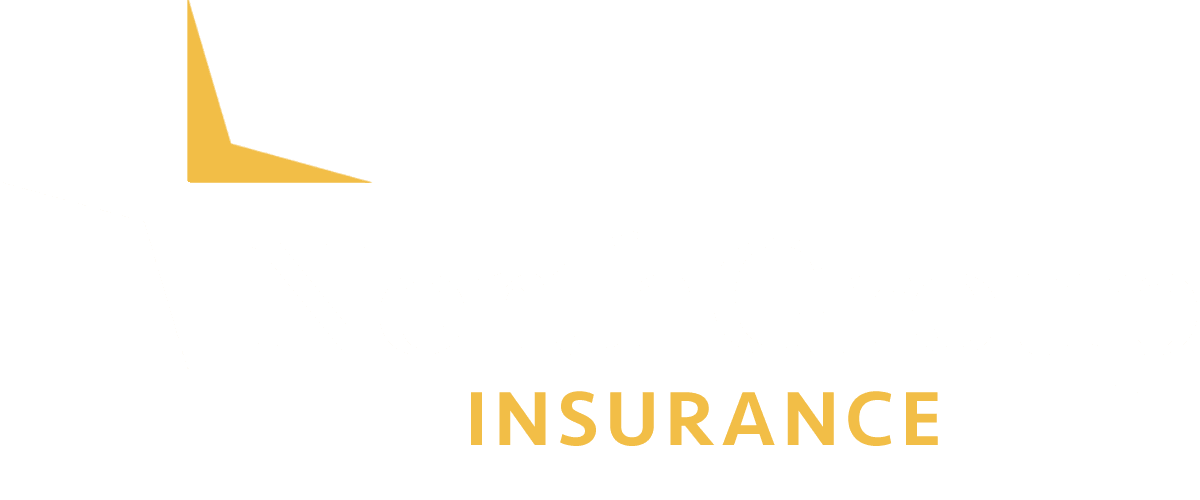Home > Insurance Blog > Is Your Small Business Recession Proof?
Is Your Small Business Recession Proof?

The time to recession-proof your business is before the economy starts to downturn. Later may be too late to turn the ship around. Careful planning and taking specific steps now can help you prepare your small business for future downturns and marketplace changes.
Get a Handle on Your Cash Flow
Many businesses fail because of problems with cash flow. It is important to know your numbers as they stand at present and create a profit plan for the future. Keep an eye on what happens to your cash flow in different situations. Build good habits. Ensure your customers or clients pay you on time. Create a system to keep accounts receivable under control. Build a cash cushion, if possible.
Develop Multiple Revenue Streams
Create various ways to bring in revenue with a wide range of price points. This can help you maintain your business income, regardless of what the economy is doing. The idea is not to be caught with all your eggs in one basket. Having a variety of revenue streams can help your business remain flexible and capable of persevering in a recession.
Budget Spending According to Revenue
As a financial planning strategy, instead of creating a specific amount in the budget for marketing and other variable expenses, establish those budget items as percentages of revenue. This method will automatically boost marketing when sales increase and help you control spending if they decline. Unlike fixed expenses such as building rent, variable costs can be tied to revenue.
Arrange for Financing Before You Need It
Consider opening a line of credit to use as a cash cushion for the business. Only use it when you really need it to keep the cost minimum. Your business will only incur interest and fees on the amount you borrow. It is better to find financing before you are in a cash crunch. Lenders are likely to tighten standards once a recession begins.
Build Existing Client Relationships
Instead of spending a lot of money to attract new clients, invest in relationships with the ones you have. Give your current customers the best experience and results. They will want to continue doing business with you and will serve as a source of new clients. Word of mouth is a practical, low-cost method of advertising.
Be Prepared to Diversify
Prepare to take your business in a different direction if a major change in the economy occurs. You may need to pivot to a similar product or service in greater demand at a different time. Think of “what if” scenarios and new lines of business you could go into if the economic environment changes in a recession.
Position your business for success before the economy starts to slow down. Make any adjustments necessary to leverage opportunities that come with a recession. Our knowledgeable agent can help you ensure you have the business insurance coverage you need to protect your small business before and during a recession.
